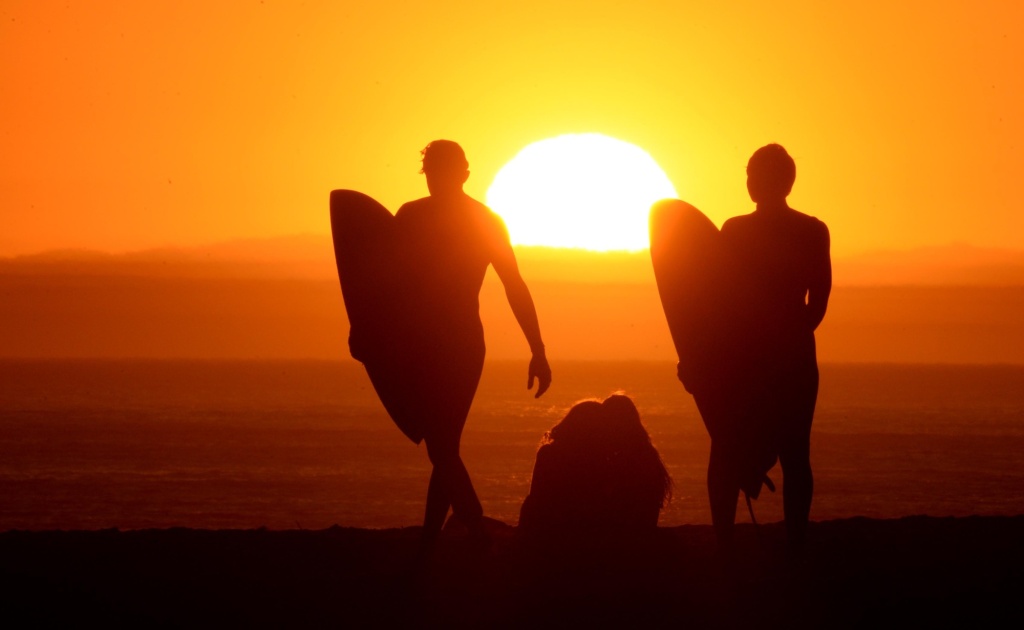The California Coastal Commission in recent years has been ramping up efforts to ensure greater beach access for underserved communities, by baking it in as a requirement when approving new developments or correcting violations, as well as by granting millions for beach-equity initiatives.
“Certain communities and populations have been excluded for so long, it’s absolutely essential we make extra effort to make up for that,” said Sarah Christie, the commission’s legislative director. “I think equity demands a greater focus to ensure those communities are fully supported to have the access they’ve deserved all along.”
The Coastal Commission, made permanent by the 1976 California Coastal Act, “plans and regulates the use of land and water” along shorelines, along with local communities and other relevant agencies.
In Long Beach, for example, the commission has said it’ll support a new beach-side swimming pool only if a bus route brings inner city kids to play and there’s free or discounted lessons. In Dana Point, a renovation of the aging harbor got approval with the stipulation the developers help create an environmental education program for underserved youth that gets them around the water.
And for groups hoping to make the coastal space a more welcoming place, funds and support from state programs, such as grants delivered by the Coastal Commission from the Whale Tails license plate revenue, can make a big difference in reaching communities that also want to make the beach their playground.
A place to be free
Kyla Langen calls her past pro-surfing career a “big juxtaposition:” The ocean was a place she could feel free and liberated while in the water, but the surf industry was less than open to her sexuality, she said.
“You had to fit the bill of what they were looking for,” she said of sponsors, a major way pro surfers make money. “We had to conform to something we weren’t, if we wanted to get paid.”
Langen had family…
Read the full article here






